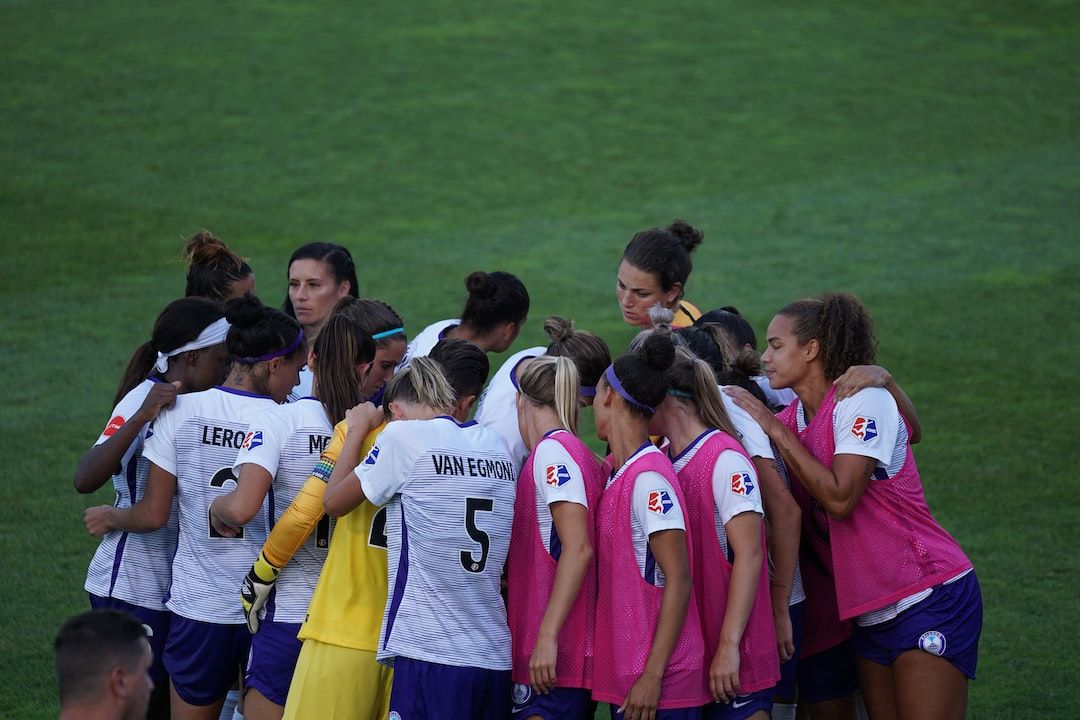Fostering mutual respect is critical to the success of a coach-player relationship. To build this respect, coaches need to understand their players as individuals.
Ask yourself questions about your players:
- What are their strengths?
- What are their weaknesses?
- What are their interests away from the pitch?
- What are their personality types?
- How do they respond to certain coaching styles?
- What do they need help with?
Keep these questions in mind as you coach during practices and games, to help you to understand your players.
Remember that your players are people, not just athletes. They have other goals and interests outside of football, and it is helpful for you to know what they are. Showing interest in the person behind the player will help them to respect you, and for you to respect them – and ultimately create a stronger connection.

The first step in creating an atmosphere of trust and openness is to let your players know that you trust them. This may seem like an obvious step, but it is important to demonstrate that trust by giving your players freedom to make mistakes and trusting them enough to make their own decisions.
As a coach, it is also important to let your players know that you are trustworthy. Ways to show this include being consistent with your rules and expectations, keeping your promises, and being open to listening to players’ concerns and ideas. This will help players to feel more comfortable with you and will allow them to trust you more easily. It may take time to create an atmosphere of trust, but it will help your team to reach success more quickly.

When players feel like they are part of a team, they are more likely to work hard, be patient, and have fun while playing. In a sense, you should aim to create an environment in which the team feels like a family. You could do this by helping your players to get to know one another. Suggest that your players spend time getting to know one another outside of the pitch.
A simple way to create a sense of familiarity between players could be to come up with a nickname for your team. This can be especially helpful for young players who are just learning how to work together as a team.
A strong connection between a coach and their players doesn’t always develop naturally, so it’s certainly spending the time to foster it. By creating strong connections your players will feel respect trust, and comfort with you as your coach; all of which is vital for you to successfully push the team towards greatness.




